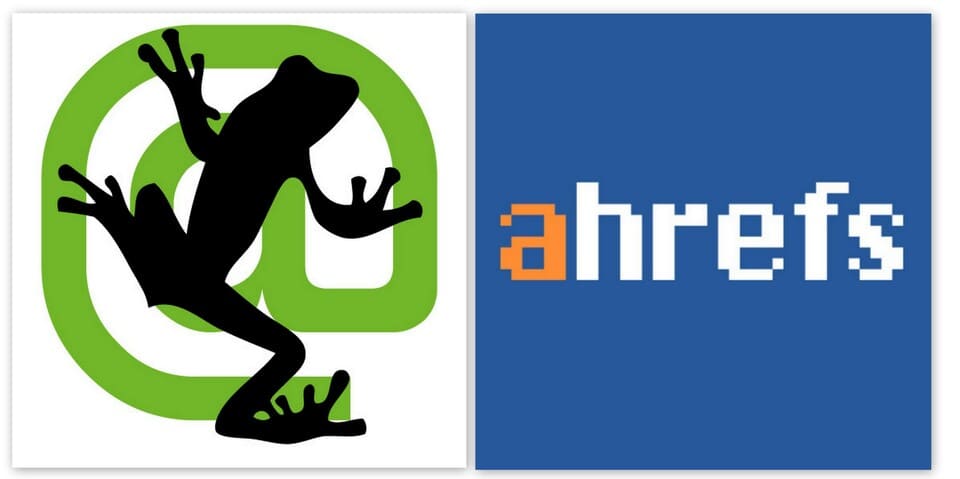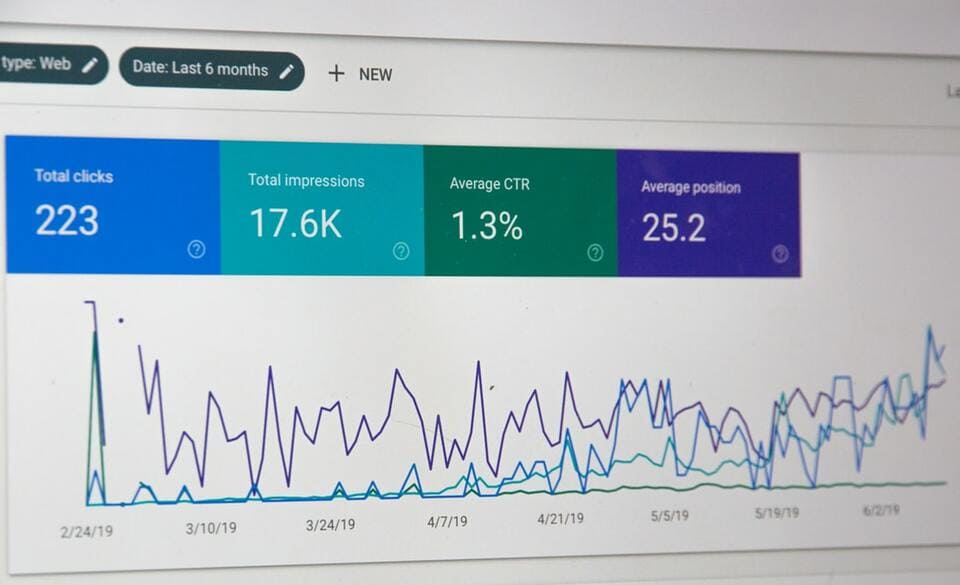Analyzing the website takes expertise, time, and a set of skills that will allow you to think outside the box. Moreover, you need a set of tools that will make all research tangible and provide information about the factual condition of your website. When it comes to expert skills and tools, it is the combination of the two that separates the great SEO teams from the good.
Expert skills are learned, developed, and acquired through lots of hard work, experience, and testing theories, practices, and methodologies. On the other hand, tools exist and are ready to be used. With the tutorials available on the internet, you can easily learn to use each tool for research and analysis. However, there a lot of tools out there. How do you know which ones will meet your needs, when you certainly don’t have the time, energy, nor money to try them all out. In such cases, you need to read reviews, ask for experiences and decide on your own.
The Internet offers limitless opportunities to get your hands on tools that can help you develop your SEO skills and give results to your clients. However, if you are a beginner or you are willing to mix it up a little regarding the tools and strategy you are using, then use our insight about the tools we use.
Table of Contents
SEO Tools Our SEO Experts Love

AHREFS – for research and analysis
Probably one of the best, Ahrefs is an SEO tool that will help you analyze the backlinks your team builds. It helps learn why your competitors rank so high and what you need to do to outrank them.
You get the following tools:
- Competitive Analysis
- Keyword research
- Backlink research
- Content research
- Rank tracking
- Web monitoring
The fact that Facebook, Linked In, Adobe, Netflix, Uber, Pinterest, eBay, Shopify, Tripadvisor, Expedia, SurveyMonkey, and HuffPost are just a few of the companies that use this tool tells you a lot about its efficiency.
It offers a 7 day trial for $7 which is included in the $99 Lite plan, or you can choose from the $179 a month – the Standard plan (which is the most popular plan), the $399 a month – the Advanced (for 3 users) or the $999 a month – the Agency plan (for 5 users).
If we talk numbers, every day they crawl 5 billion web pages, 170 million root domains. They are powered by 48 petabytes of storage 65,000 CPU cores. Their index size is 16 trillion known links and 3 trillion known URLs.
SCREAMING FROG – research and analysis
By using the Screaming Frog SEO Spider Software, SEO experts can conduct in-depth technical SEO audits. It is used by Windows, macOS, and Ubuntu and by thousands of SEO experts in the world. With this tool you can:
- Find Broken Links
- Analyze Page Titles and Meta Data
- Extract Data with XPath,
- Generate XML Sitemaps
- Crawl JavaScript Websites
- Audit Redirects
- Discover Duplicate Content
- Review Robots and Directives
- Integrate with Google Analytics
- Visualise Site Architecture
You can get the Free Version that has a crawl limit of 500 URLs and lacks the additional features from the complete package of £149.00 per year.

Google Search Console & Google Analytics
The free tools by Google offer you a detailed look into your online performance, the clicks and impressions you get from every keyword that you rank for. You can filter and compare the results according to dates, location, devices, etc. Apart from this, you can see any arising problems with indexing, page speed and core web vitals, sitemaps, and other technical features of the website that are responsible for creating an excellent user experience.
Google Search Console is a Webmaster Tool by Google that helps you measure your organic traffic and performance. It also helps you reveal and fix the issues with your online performance. Now, there is an easier way to delve deep into how your content performs and resonates with the readers with the new addition to Google Search Console – the Search Console Insights tool, which at the moment is still a BETA version. It provides lots of data about content bits, keyword phrases, and organic search so you can better understand what it is that your readers like.
Google Analytics is a more complex tool that offers a lot more data that helps you understand the marketplace, your customers and clients, and their behavioral patterns. As it is a more profound tool there is a lot to learn in order to understand the data it provides. Fortunately, there are many online Google courses that are free that you can listen to and learn how to use it.
Building SEO Strategy
When it comes to where to start from when you are about to design an SEO strategy that will show results, you can follow this pattern:
- Keyword research – find the most relevant keywords your client should rank for;
- On-Page Optimisation – optimize the website of the client;
- Competition analysis – analyze the company’s competitors;
- Creating backlink strategy – make a plan on how and how often you will build backlinks (this is an ongoing step – throughout the whole course of the projects)
- Content – provide quality and original content for blog posts, guest posts, social media platforms
- Report (monthly) – provides a monthly report to your client by telling them everything that has been done in the past month, the problems, the challenges and the results.
Monitoring Your SEO strategy
You should always be on top of all the developments with your SEO projects. Therefore, you need a working monitoring strategy that will not waste your time. Instead, it should be regular and provide constant information about the process. Here is what you can do to have steady success.
Weekly Research on Competitors
You need to know what your competitor is doing every day and how they are changing their content so that you can make a few changes to overtake the control. Based on this, you should update the content on the website regarding products, special offers, or any other deals that will make your client remain relevant.
Use the SEO tools
They are important and they pretty much do all the analysis for you. You just need to pay attention to the results.
Performance Check
Never forget to Check Your performance on a daily basis so you can be sure where you are standing at the end of the day: have you completed all the tasks for the day and how many of them were successfully finished.
Writing an SEO Report
Finally, writing an SEO report is how you inform your client about the details of the work done on the project during the past month. In this way, you become trustworthy and reliable and the client will be able to understand all the effort and energy put in the opportunity for their brand to grow. Here is what should be included in this SEO Report.
Keyword ranking – to show them how their target keywords rank on Google Search Results.
Organic Search / Traffic – give the client an easy way to understand where do new website visitors come from and some extra information about their activity on the website. Also, you should include how many new leads you were able to generate
Average Time on Site – you should also make the client aware of how much time the visitors spend on the website and based on the length of their presence you can discover any problems related to speed or content.
Bounce Rate – This is the user interaction on the site and this result can help you figure out how to convert it into more sales.
Earned Links – one of the biggest factors for page ranking is certainly the earned links. With it, you can build trust signals on the website, conversion rate and referral traffics
If you find this article helpful, you can share it so other people can benefit from it, or if you are looking for top-notch SEO services, contact us for a free first consultation and we can make a deal about the rest.